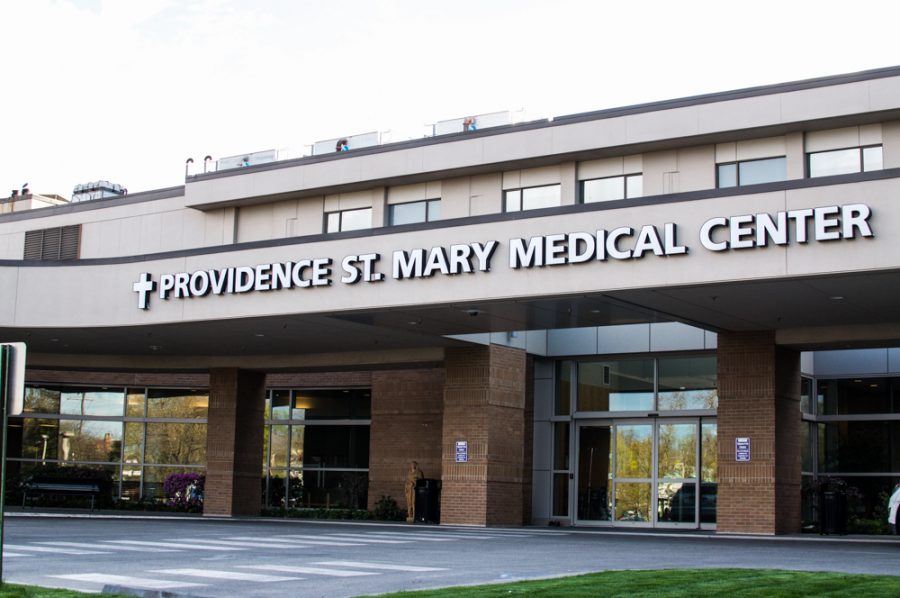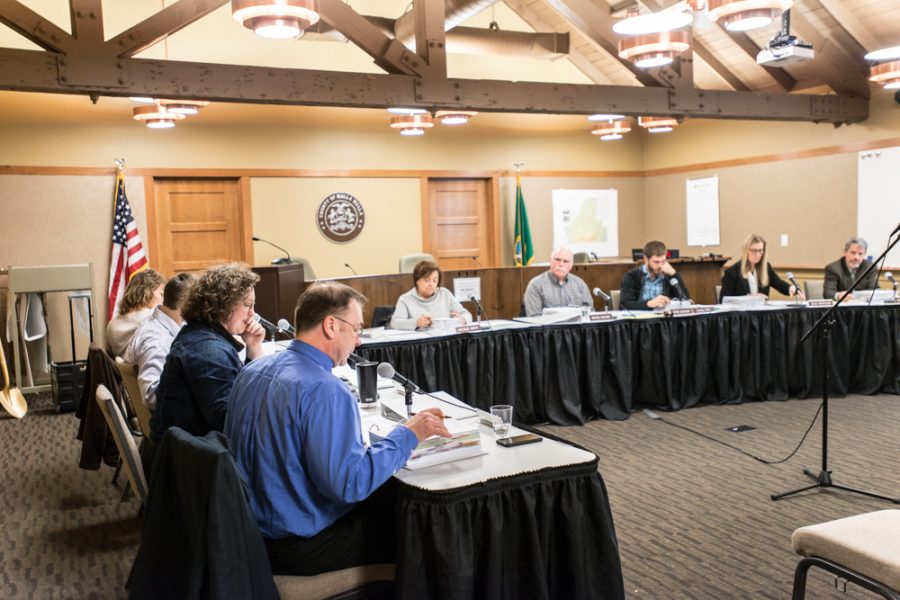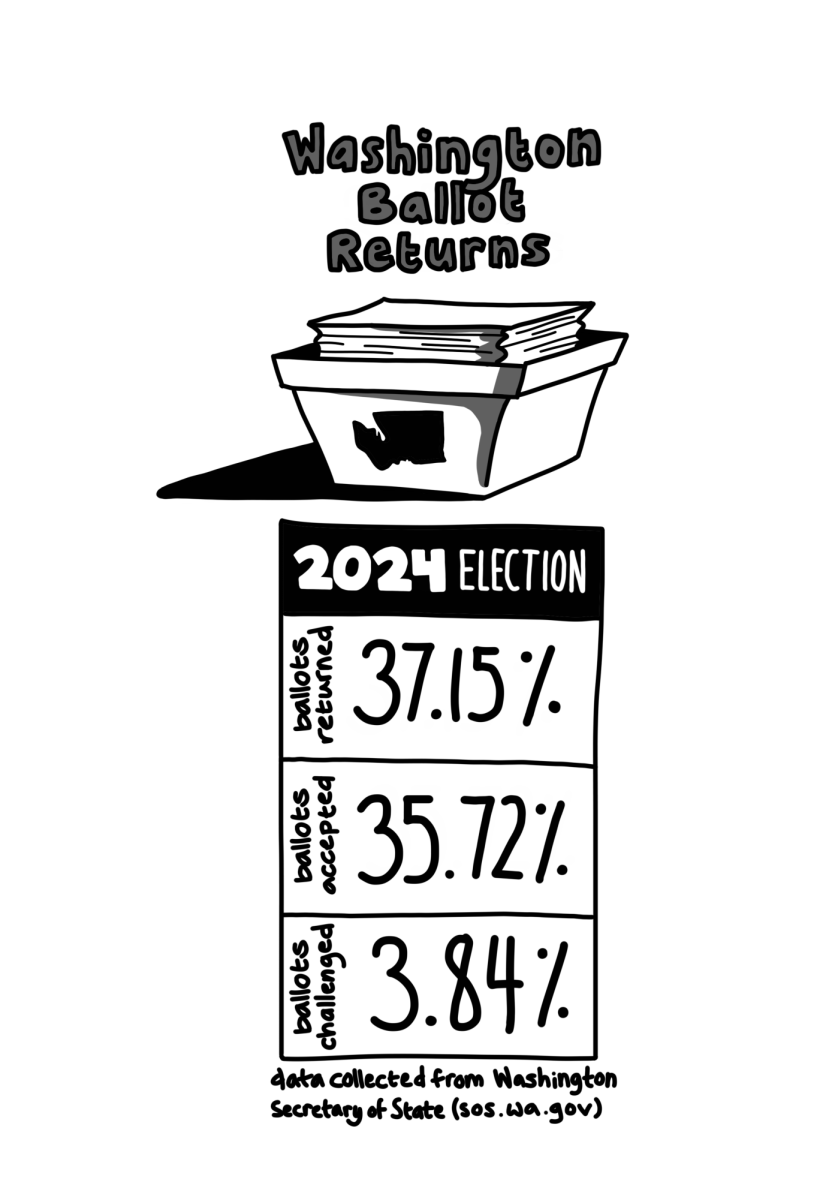In the last six months, food banks in the Walla Walla area have given out more than 493,000 pounds of food to over 5,000 families.
As the unemployment rate in Walla Walla has risen to 6.6 percent, more and more families have struggled to meet their food needs, stretching local food banks to their limits.
Whitman College’s annual Food Drive, sponsored by Phi Delta Theta and the Student Engagement Center, is helping to combat this recent rise in hunger and unemployment in the community. Running Feb. 1 – 7, the food drive benefits Walla Walla’s Blue Mountain Action Council (BMAC), which distributes food to local food banks.
Donation bins will be located in every residence hall, the fraternities, Reid Campus Center and Penrose Library. Suggested donation items include canned vegetables and fruit, pasta, cereal and rice. According to Kate Rambo, manager of The Pantry Shelf Food Bank, canned soup and beans are in high demand.

“Right now we’re running low,” she said. “A lot of people are interested in eating [these items] during the winter, and sometimes we just don’t have enough.”
Demand for food is often highest during the winter months, but overall need has risen dramatically in recent years.
“I have been here for 17 years and I have never seen the need for help at this level,” said Gail McGhee, manager of the BMAC food bank. “The lack of jobs has put a strain on not only the local food banks, but people requesting help for other things such as rental assistance, energy help and help with school needs [has also increased]. There are kids in the elementary schools that don’t even have coats for winter.”
Food donations flood in during the holiday season, but tend to slow down afterward.
“We’ve been really lucky,” said Rambo. “We’ve had a very steady supply of donations, mostly after the holidays, but we run low afterward mostly because everyone donates during Christmas.”
Many food banks see an increase in clients towards the end of the month because food stamps and other forms of public assistance run out. However, Rambo has seen increasingly high demand for food throughout the month.
“We used to have a very quiet beginning of the month, but now it’s busy all the time,” she said.
The Pantry Shelf and other food banks receive state and federal money to provide food, but clients have to meet income guidelines to receive it. Despite these measures, Rambo said they never turn away anyone who walks in.
“The food we get from food drives we can give to people that don’t technically apply for food assistance,” she said. “Then we have enough food to give to everyone that comes in.”
This year’s annual food drive has revamped to keep up with the rising hunger demands in Walla Walla. Phi Delta Theta has stepped up to sponsor the drive, hoping that with more manpower and publicity, the drive can bring in more food than in past years.
“It’s a worthy goal to help the less fortunate, ” said Conor Holton-Burke, Philanthropy Chair for the Phi Delta Thetas. “Last year, no [fraternity] stepped up as much, and we feel that we can make it good if there’s extra manpower.”
The generosity of the community has helped Walla Walla’s hunger needs remain more stable than most areas of Washington.
“This year, I learned that in Spokane, people are only allowed to visit food donation centers only once in three months because they are so low on supplies,” said Rambo. In contrast, Walla Walla’s three food banks–The Pantry Shelf, St. Vincent de Paul and the Salvation Army–each allow people to get food once every 30 days.
“We are able to meet a good job of meeting people’s hunger here,” said Rambo.
McGhee hopes that food drives like Whitman’s will continue for the sake of educating others on hunger needs and helping those less fortunate meet their needs.
“You can’t see hunger, so some folks don’t realize the need in Walla Walla,” she said. “Educating people is one of the best remedies I know of to let people know this need. Thanks to Whitman College and other schools in our area, the word is slowly getting out.”




















